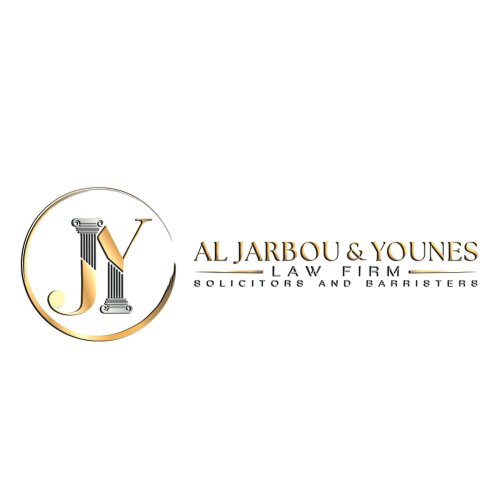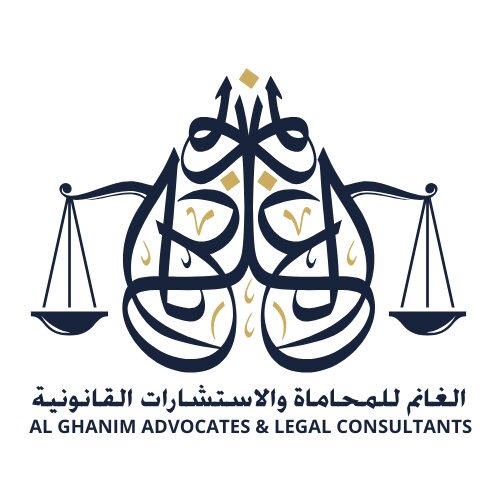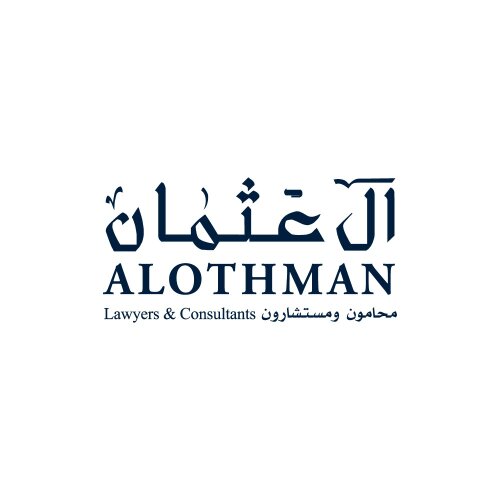Best Whistleblower & Qui Tam Lawyers in Riyadh
Share your needs with us, get contacted by law firms.
Free. Takes 2 min.
List of the best lawyers in Riyadh, Saudi Arabia
About Whistleblower & Qui Tam Law in Riyadh, Saudi Arabia:
In Riyadh, Saudi Arabia, whistleblower and qui tam laws are designed to protect individuals who expose unlawful actions or misconduct within an organization. The term 'Qui Tam' is derived from a Latin phrase that translates to 'he who sues in this matter for the king as well as for himself' and is used to refer to a type of law that permits private citizens to file a lawsuit on behalf of the government against any entities that commit fraudulent acts. While Saudi Arabia does not yet have a specific law that directly aligns with Western concepts of qui tam, there is a growing recognition of the importance of whistleblowing as a tool to combat corruption and fraudulent activities.
Why You May Need a Lawyer:
Engaging a lawyer skilled in whistleblower and qui tam matters can be vital when confronting legal cases in Riyadh, Saudi Arabia. Whether you are considering reporting a violation or if you face possible retaliation for having done so, a qualified legal professional can guide you through the complex legal landscape, protect your rights, and advise you on the potential risks and benefits of your actions. Also, if you are part of an organization accused of misconduct, a knowledgeable lawyer can help you navigate the accusations and ensure your organization adheres to local laws and regulations.
Local Laws Overview:
Saudi Arabia has various laws that regulate reporting and penalize fraudulent activities. The National Anti-Corruption Commission (Nazaha) aims to strengthen integrity and combat corruption in all its forms and manifestations. The protection of whistleblowers is a responsibility enshrined in Nazaha’s establishing law itself. Additionally, Saudi Arabia's Vision 2030 underpins the intent to strengthen the governance and accountability of businesses, indirectly supporting whistleblowers as a part of broader anti-corruption frameworks.
Frequently Asked Questions:
1. Does Saudi Arabia have a Whistleblower Protection Act?
As of now, there is no separate Whistleblower Protection Act in Saudi Arabia. However, the establishing law of the National Anti-Corruption Commission provides a certain degree of protection and anonymous reporting mechanism for whistleblowers.
2. Can a whistleblower remain anonymous in Saudi Arabia?
Yes, Nazaha encourages anonymous reporting of corruption, and all reports remain confidential. However, there may be circumstances where anonymity cannot be completely guaranteed, particularly when a case goes to trial.
3. Is there a reward for whistleblowing in Saudi Arabia?
Currently, there's no legal provision that provides for a reward to whistleblowers in Saudi Arabia.
4. What constitutes a legal violation worthy of whistleblowing in Saudi Arabia?
Any activities that are in violation of the laws of Saudi Arabia such as fraud, corruption, bribery, misconduct, or any criminal activities merit whistleblowing.
5. Can a foreigner who is working in Saudi Arabia become a whistleblower?
Yes, anyone who witnesses or becomes aware of illegal activities, regardless of nationality, can report the violations in Saudi Arabia.
6. What are the penalties for false whistleblowing?
If a person knowingly makes a false accusation, they may face legal consequences according to the severity of the false report.
7. If one becomes a whistleblower, are they safe from retaliation?
The legislation in Saudi Arabia aims to protect whistleblowers. However, ensuring complete safety from retaliation can be challenging and will depend on individual circumstances.
8. Who handles whistleblower cases in Saudi Arabia?
The National Anti-Corruption Commission or Nazaha is principally responsible for handling whistleblower cases in Saudi Arabia.
9. Can a whistleblower sue if they face retaliation?
A whistleblower may engage a lawyer and take legal action if they face retaliation as a direct result of their whistleblowing.
10. How does Saudi Arabia's view on whistleblowing compare to international practices?
Saudi Arabia is currently working on improving its anti-corruption policies and promoting transparency, and the establishment of Nazaha is a significant step towards this goal. However, compared to international standards, Saudi Arabia still has work to do regarding formalizing whistleblower protection and qui tam laws.
Additional Resources:
Organizations such as the National Anti-Corruption Commission (Nazaha) can provide necessary information and guidance to whistleblowers. Also, the Saudi Arabian General Investment Authority and Ministry of Commerce and Investment can be crucial resources for understanding business conduct regulations in Saudi Arabia.
Next Steps:
If you are considering blowing the whistle on misconduct or need legal advice in such matters, contacting a lawyer familiar with Saudi Arabia's legal system will be a wise step. They can provide guidance, inform you about your rights and the possible implications of your decision, and help you navigate the process of reporting wrongdoing. A law firm specialized in anti-corruption cases, whistleblower laws, and business ethics can be particularly beneficial. All information provided should be accurate and honest to avoid legal complications.
Lawzana helps you find the best lawyers and law firms in Riyadh through a curated and pre-screened list of qualified legal professionals. Our platform offers rankings and detailed profiles of attorneys and law firms, allowing you to compare based on practice areas, including Whistleblower & Qui Tam, experience, and client feedback.
Each profile includes a description of the firm's areas of practice, client reviews, team members and partners, year of establishment, spoken languages, office locations, contact information, social media presence, and any published articles or resources. Most firms on our platform speak English and are experienced in both local and international legal matters.
Get a quote from top-rated law firms in Riyadh, Saudi Arabia — quickly, securely, and without unnecessary hassle.
Disclaimer:
The information provided on this page is for general informational purposes only and does not constitute legal advice. While we strive to ensure the accuracy and relevance of the content, legal information may change over time, and interpretations of the law can vary. You should always consult with a qualified legal professional for advice specific to your situation.
We disclaim all liability for actions taken or not taken based on the content of this page. If you believe any information is incorrect or outdated, please contact us, and we will review and update it where appropriate.













